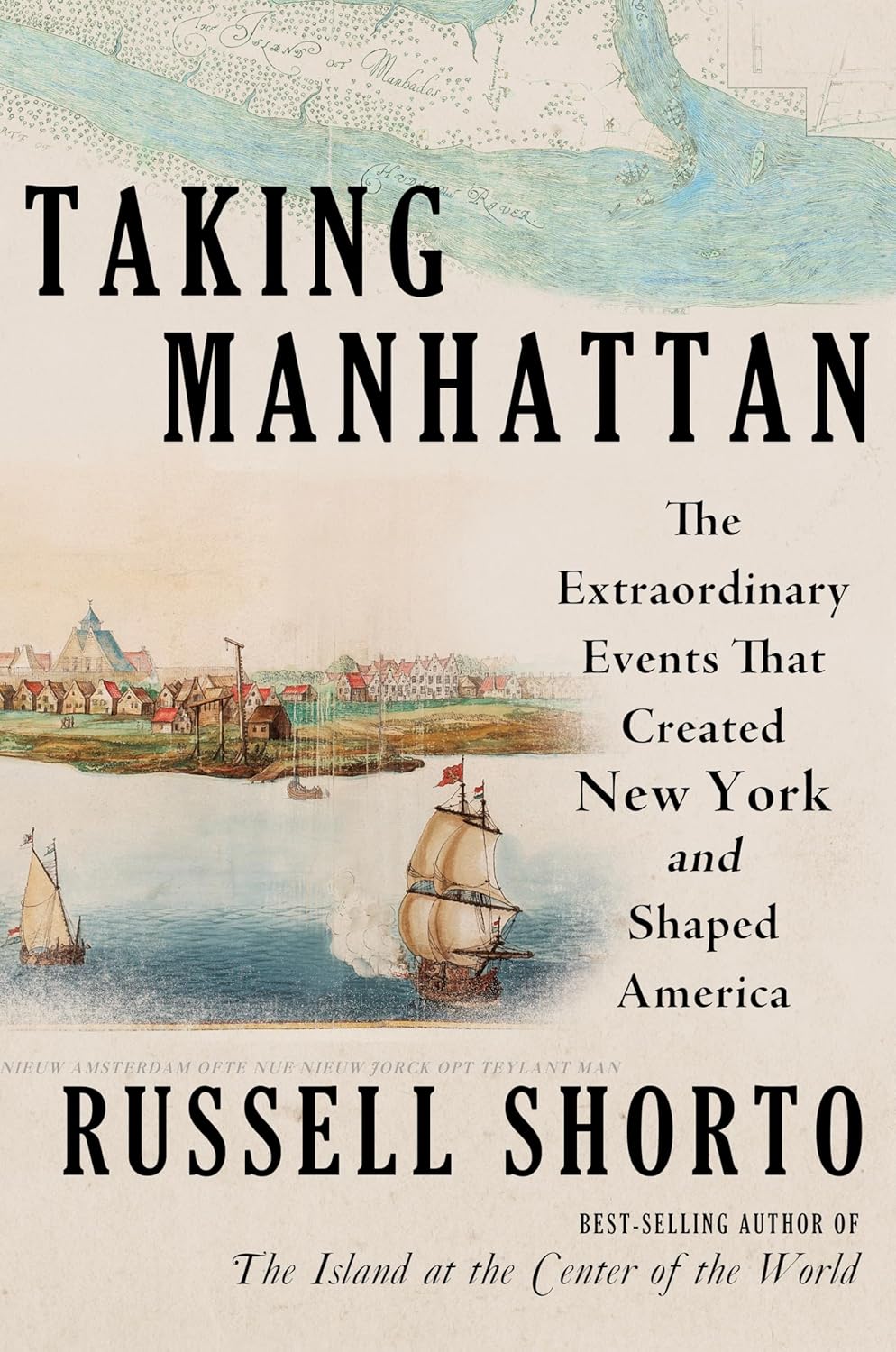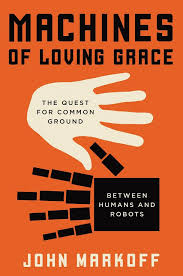Taking Manhattan: The Extraordinary Events That Created New York and Shaped America
- By Russell Shorto
- W.W. Norton & Company
- 408 pp.
- Reviewed by Kitty Kelley
- March 27, 2025
Recalling the century that birthed the Big Apple.

“As New York goes, so goes the nation” is more than a Big Apple brag. It’s the bellwether of the country, highlighted by the city that takes bold initiatives and establishes the national pulse. Some might dispute that point today, but Russell Shorto makes a persuasive argument for it in his eighth book, Taking Manhattan: The Extraordinary Events That Created New York and Shaped America.
The author comes to this historical exploration via his previous work, The Island at the Center of the World: The Epic Story of Dutch Manhattan and the Forgotten Colony That Shaped America, written in 2004, and documenting the initial influence of New Amsterdam. Shorto is a senior scholar at the New Netherland Research Center of the New York State Library, which is in the process of translating 12,000 Dutch records into English.
In the new book, Shorto presents the story of 17th-century America and the three wars waged between the Dutch and the British for dominance of Manhattan Island — “a world-changing event,” he writes, that rocketed the British to victory over the Dutch, and the reason why most residents of the New World now speak English. (When Donald J. Trump became president in 2025, he stipulated that English was to be recognized as the country’s official language.)
At certain points, Taking Manhattan reads like a psychohistory of man’s inclination to plunder and pillage for power and illustrates the rancor of religion and the wars waged over whose deity should reign supreme. The entire era was awash in religious hatreds among knee-bending Catholics, anti-pope Protestants, and bloodletting Puritans, plus Presbyterians and various other religions, all hell-bent on killing each other in the name of God.
In recounting the 17th-century restoration of the Stuart monarchy in Great Britain, Shorto writes that it’s easy to dismiss London as Gomorrah, full of primal urges and indulgences. “There is surely something to that but my inclination is to turn the matter on its head.” With perspective, he does exactly that, pointing out that the previous era of Puritan rule had been pernicious: no drinking, no dancing. People were imprisoned for holding religious services and punished if their children played on the Sabbath. The Stuarts simply restored enjoyment. They rediscovered Shakespeare and no longer demanded chastity be the hallmark of civilization.
Being steeped in the history of the era, and with access to newly translated documents, the author celebrates the Dutch influence on Manhattan but takes issue with previous historians. He questions one declaration that the “sale” of Manhattan in 1626 involved only a verbal agreement. “I find that unlikely,” he writes, “because if they had initially settled for a verbal agreement, the Dutch, being highly conscious of such administrative matters, would have gone back to the Lenape [Native Americans] later to put it in writing.”
Within his text, Shorto also instructs readers “to cast a cold eye on the mindset of our ancestors,” particularly on the subject of religious tolerance, which was sorely lacking in the 1600s. He champions Dutch tolerance but chides Peter Stuyvesant, the Dutch director-general who barred Lutherans, Quakers, and Jews from settling in New Netherland, adding that “the attitude toward Native Americans and Africans argues pretty decisively against any broad underlying ethos of tolerance.” Shorto further cautions against applying 21st-century acumen to 17th-century actions. “We don’t need to judge people of the past according to our standards so much as we need to recognize patterns and milestones in history.”
Such compassion is not characteristic of all historians, and Shorto seems to have come by his while growing up in Johnstown, Pennsylvania, which he recalled in his 2021 memoir, Smalltime: A Story of My Family and the Mob. Writing with certain pain, he told the story of his namesake grandfather, a small-town mob boss in the 1950s who, Shorto estimated, made about $2 million a year over a 20-year period. “The pain he inflicted on [my grandmother], the pain he inflicted on my father…that then colored my father’s whole life, which in turn colored my life,” Shorto wrote. The New York Times summoned a mafia association to praise his book, predicting readers would be with him “All the way, as Sinatra would say.”
Mentioning the memoir in connection with the publication of Taking Manhattan may be instructive to underscore Shorto’s understanding of history’s human dimension and the historian’s moral responsibility to penetrate facts and figures, dates and details to present the ugly underbelly of our nation’s growth.
[Editor’s note: Russell Shorto will speak at this year’s Gaithersburg Book Festival on May 17th in Gaithersburg, MD. Learn more here.]
Kitty Kelley is the author of seven number-one New York Times bestseller biographies, including Nancy Reagan, Jackie Oh!, and Elizabeth Taylor: The Last Star. She is on the board of the Independent and is a recipient of the PEN Oakland/Gary Webb Anti-Censorship Award. In 2023, she was honored with the Biographers International Organization’s BIO Award, which is given annually to a writer who has made major contributions to the advancement of the art and craft of biography.

